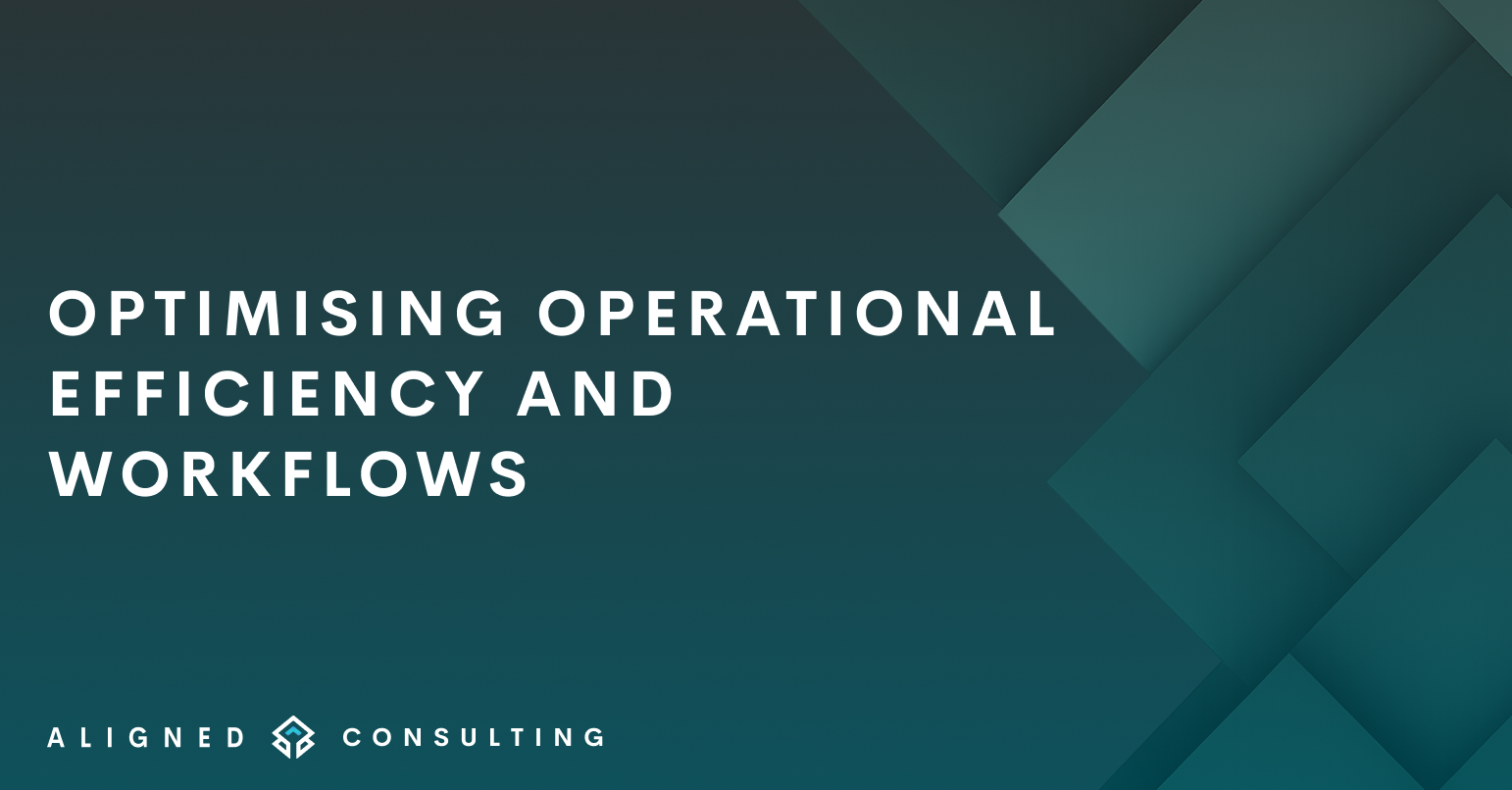
In the rapidly evolving landscape of digital product development, operational efficiency has become the cornerstone of competitive advantage. Forward-thinking organisations are implementing specialised operational functions that systematically address workflow optimisation and organisational effectiveness. This strategic approach focuses on maximising productivity through streamlined processes, enabling professionals to concentrate on their core creative responsibilities rather than administrative tasks.
The Efficiency Imperative
Research indicates that knowledge workers may dedicate up to 60% of their time to non-core tasks merely to compensate for operational inefficiencies. This represents a significant productivity drain and can substantially impact team morale. The primary objective of operational excellence initiatives is to reclaim this lost time by implementing structured workflows and eliminating procedural bottlenecks.
Efficiency in digital product organisations manifests across several dimensions:
- Process optimisation: Establishing streamlined end-to-end workflows that minimise handoff friction
- Resource allocation: Ensuring appropriate tools, budgets and skills are available when needed
- Cross-functional coordination: Creating clear engagement models between different organisational units
Workflow Optimisation as Strategic Priority
The development of efficient workflows represents perhaps the most tangible contribution to organisational performance. By conducting systematic assessments of current practices, operations specialists identify workflow inefficiencies through:
- Data-driven analysis of time allocation across team activities
- Evaluation of existing tools and their integration points
- Mapping of cross-functional dependencies and communication patterns
- Assessment of budget utilisation and resource deployment
These insights enable the construction of optimised workflows that eliminate redundancies and create clear pathways for product delivery. The implementation of these refined processes directly enhances both the velocity and quality of outputs.
Measuring Operational Impact
The effectiveness of operational excellence initiatives can be quantified through specific performance indicators:
- Reduction in time spent on administrative and non-core tasks
- Acceleration of delivery timelines
- Improved consistency across outputs
- Enhanced cross-functional collaboration efficiency
- Direct influence on customer experience metrics (NPS, CSAT, CES)
These metrics provide concrete evidence of the operational value generated through workflow improvements and process refinements.
Organisational Positioning for Operational Excellence
Unlike leadership roles that focus primarily on individual performance and creative direction, operational specialists address the frameworks within which teams function. This distinction is crucial for organisational clarity:
- Leadership: Focus on vision, individual growth and craft excellence
- Operations: Concentrates on team-level performance, process efficiency and operational frameworks
This complementary relationship enables leaders to dedicate more attention to strategic priorities, while operational specialists ensure the infrastructure supports these objectives.
Implementing Frameworks for Workflow Excellence
Organisations seeking to enhance their operational efficiency should consider a structured implementation approach:
- Conduct comprehensive workflow assessments to identify inefficiencies
- Develop specific metrics to benchmark current performance
- Establish clear operational objectives aligned with business priorities
- Design optimised workflows based on identified improvement opportunities
- Implement supporting tools and frameworks
- Measure impact through defined performance indicators
This methodical approach ensures that workflow improvements deliver tangible benefits to both teams and the wider organisation.
Conclusion
The strategic implementation of operational excellence represents a significant opportunity to enhance efficiency through workflow optimisation. By systematically addressing the structural and procedural elements that enable product excellence, operational initiatives create an environment where professionals can focus on delivering exceptional work rather than navigating organisational complexity.
The true value lies not merely in process improvement, but in creating sustainable operational frameworks that enable teams to consistently deliver high-quality outputs at scale—ultimately driving business performance through enhanced customer experiences and operational excellence.


